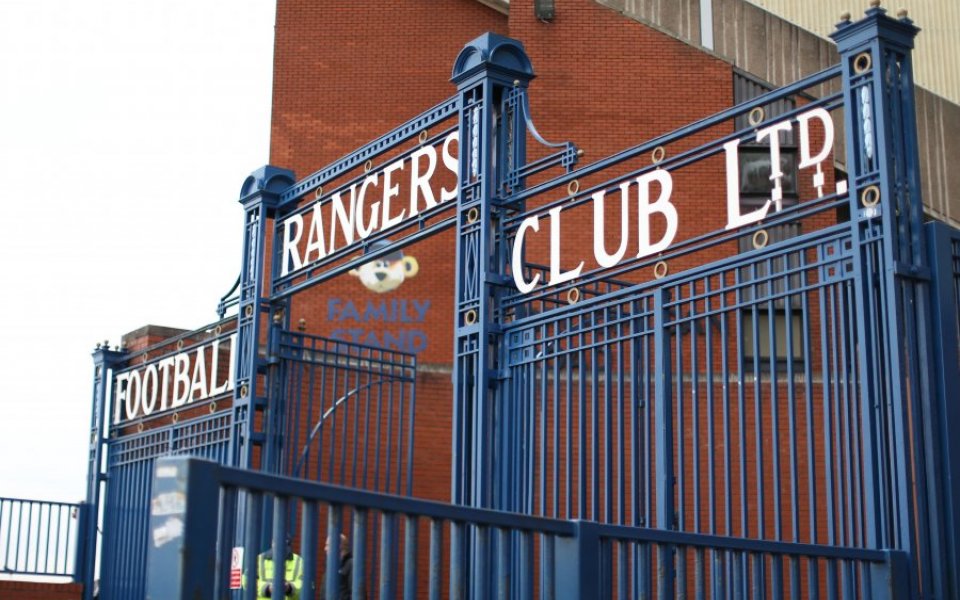Rangers “big tax case”: Will HMRC now look at other football clubs’ payment structures?

Earlier this month the Murray Group – owners of the now liquidated Rangers Football club – lost the third round of its battle with HM Revenue & Customs over whether payments made to an employee benefit trust (EBT), that were intended to benefit the families of players and certain of the club’s senior executives, should have been subject to tax. The Murray Group had won the first two challenges when it found favour with the First-tier Tribunal and then the Upper Tribunal, but this time the Court of Session supported HMRC’s claim that the arrangements were simply part of a scheme designed to avoid the payment of income tax and National Insurance Contributions.
Read more: HMRC wins "big tax" case against Rangers
The arrangements involved the Murray Group making contributions to an EBT, which in turn paid those amounts into various sub-trusts. There were 108 sub-trusts, one for every employee that participated, receiving in total around £60m between 2002 and 2008. Although a sub-trust would hold the money it received on trust for the benefit of the employee’s family, it would then loan the money to the employee – the same money which the Murray Group originally contributed to the EBT.
Whilst the First-tier Tribunal and the Upper Tribunal debated the extent to which the EBT and the sub-trust had a genuine discretion on how to use the contributions, the Court of Session took a much more straightforward approach. The cash paid to the EBT was part of the employee’s remuneration package and earned for work done. Documentation entered into as part of players’ contract negotiations reflected this. As such, all that happened was that monies due to him were redirected to another person. That does not prevent an income tax liability arising and therefore the subsequent trust arrangements were irrelevant.
As the Court stated, to take a different position would be against common sense since it would mean an employee could easily avoid paying tax by redirecting income to members of his family to meet outgoings that he would normally pay, for example to trustees to pay for his children’s education.
How much of an impact will this decision have? Although anti-avoidance legislation was introduced in 2010 to tax arrangements such as this, Rangers were not unique in using this structure before then. Where others exist, companies will need to carefully consider their own facts and circumstances and whether to pre-empt a challenge by attempting to reach a settlement with HMRC.
Could it be applied more widely than trust arrangements? Potentially. Image rights payments made to football managers and players – often through a separate image rights company – have already been under the HMRC spotlight. Might HMRC now have another tool in its armoury to challenge such payments where they consider them to have been excessive? Some have queried whether bonus or salary sacrifice arrangements could also be at risk since these could be regarded as redirecting salary into a pension scheme or other benefit plan.
In the present case, how much HMRC is able to recover in unpaid income tax, whether from the liquidator or the players’ themselves, remains to be seen, but certainly HMRC will use this judgement as a stick to beat others with.